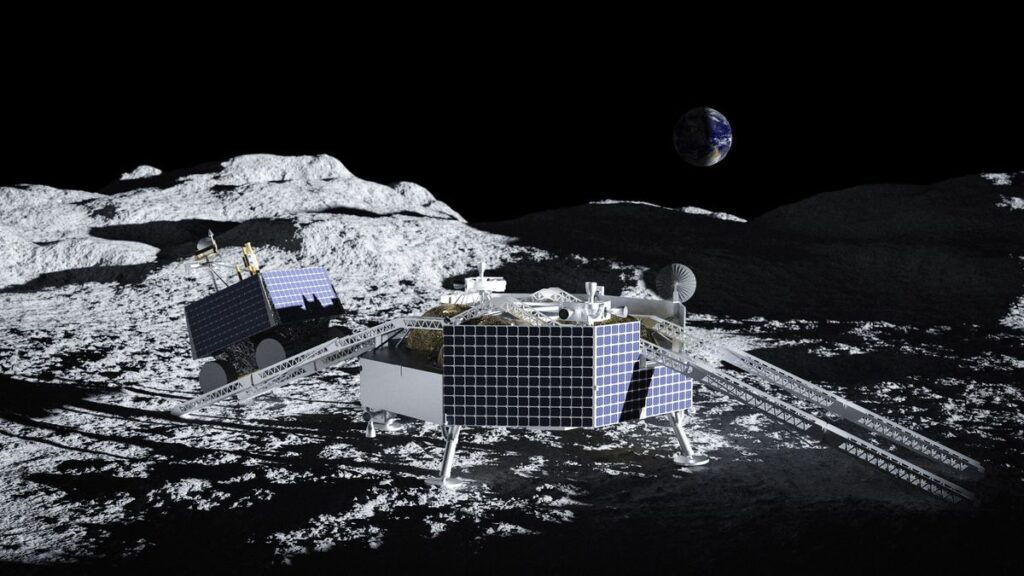NASA has stunned the scientific community with its recent decision to cancel the VIPER (Volatiles Investigating Polar Exploration Rover) mission. This move has raised significant concerns among the engineers and scientists who dedicated years to developing and testing the lunar rover.
NASA’s Announcement
Last week, NASA announced, “NASA Ends VIPER Project, Continues Moon Exploration.” The project, after a comprehensive internal review, faced issues such as budget overruns, launch delays, and potential future cost increases, prompting NASA to “stand down” the mission. To date, NASA has invested $450 million in VIPER.

Future Plans for VIPER’s Components
NASA plans to disassemble VIPER and repurpose its instruments and components for future moon missions. However, before disassembly, NASA is open to expressions of interest from U.S. industry and international partners to utilize the existing rover system at no cost to the government. The project will be orderly closed out through spring 2025.
Impact on Commercial Lunar Payload Services (CLPS)
VIPER was intended to be part of NASA’s Commercial Lunar Payload Services (CLPS) public-private partnership, launched via an Astrobotic Griffin Moon lander. However, Astrobotic has faced its own setbacks, including the January failure of the Peregrine Mission One due to an in-space propulsion glitch. Consequently, Griffin’s flight readiness is now delayed until September 2025.
Scientific Community’s Reaction
Leading moon scientist Clive Neal from the University of Notre Dame expressed his dismay: “It is a dark day for lunar science and exploration. I am still in shock at the reasoning used to justify the cancellation of VIPER.” The cancellation is seen as a major loss, particularly for studying water ice in the lunar polar regions, a priority highlighted by scientists like Norbert Schörghofer from the Planetary Science Institute.
Alternative Missions
In VIPER’s absence, Japan’s Lunar Polar Exploration (LUPEX) project with India, set for launch in 2025, and China’s Chang’e-7 mission in 2026, may undertake the critical search for lunar water ice. However, the lack of a capable U.S. mission in the near term remains a significant gap.
Community’s Call to Action
The cancellation has mobilized the lunar science community. Benjamin Greenhagen, chair of the Lunar Exploration Analysis Group (LEAG), emphasized the loss of VIPER’s unique value for lunar exploration. LEAG and other scientists have initiated a petition to Congress, urging lawmakers to reconsider NASA’s decision. The open letter, already signed by over 140 supporters from 24 states, calls for a halt to VIPER’s termination and highlights the mission’s importance in advancing lunar science.
Conclusion
The cancellation of the Lunar Rover mission marks a significant setback for lunar science and exploration. As NASA reallocates resources and rethinks its lunar strategy, the scientific community remains hopeful that ongoing advocacy will lead to a reconsideration of VIPER’s future, ensuring continued progress in understanding and exploring the moon’s valuable resources.








